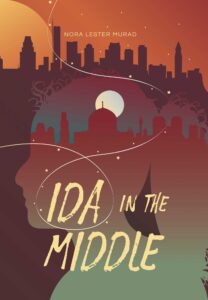 Middle school student Ida tries to sit where she is “unnoticeable, like the dust on last year’s history books.” She seeks to avoid stereotypical insults hurled at her for being from a Palestinian immigrant family. The school’s silence aggravates the problem. Ida notes, “Nobody even says the word ‘Palestine’ in my school. The teachers are afraid to teach anything about the Middle East, even if the topic has nothing to do with politics.”
Middle school student Ida tries to sit where she is “unnoticeable, like the dust on last year’s history books.” She seeks to avoid stereotypical insults hurled at her for being from a Palestinian immigrant family. The school’s silence aggravates the problem. Ida notes, “Nobody even says the word ‘Palestine’ in my school. The teachers are afraid to teach anything about the Middle East, even if the topic has nothing to do with politics.”
As the mother of three girls raised in the West Bank and now living in the United States, author Nora Lester Murad is deeply grounded in the book’s characters and themes. And she knows how to captivate middle school readers.
Ida eats an olive that sends her time traveling from her home in Massachusetts to her family’s home in the West Bank, introducing readers to both the beauty of their village and the violence of the Israeli occupation that eventually forced her family to leave for their safety. This experience gives Ida the courage and conviction to speak in a school assembly about the realities of the occupation, comparing it to what happened to “Indigenous peoples here. How they were pushed off their land and survived so much violence, as if they weren’t human.” Stepping out of the shadows, she insists that students and teachers see her and her family’s humanity. [Description by Rethinking Schools.]

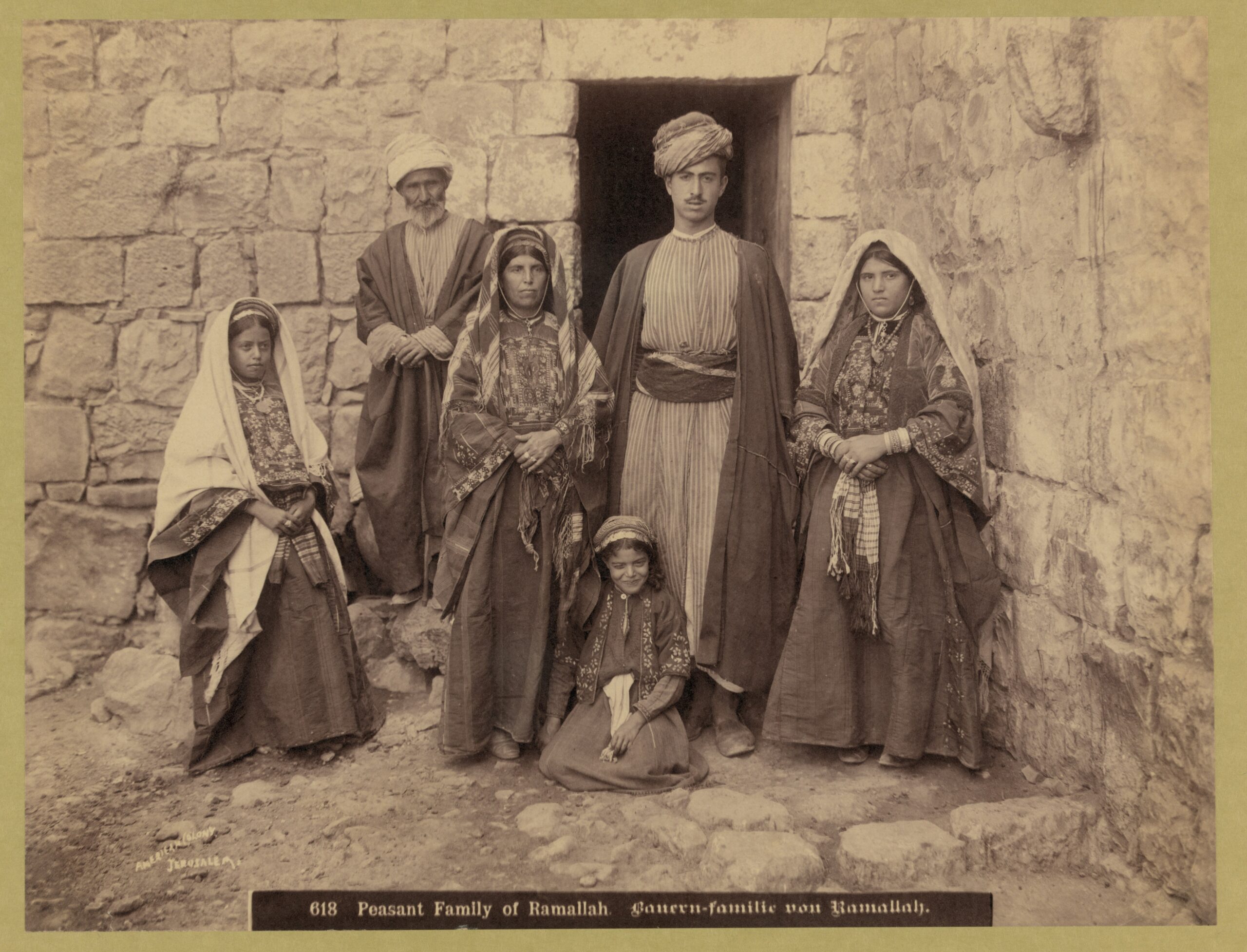


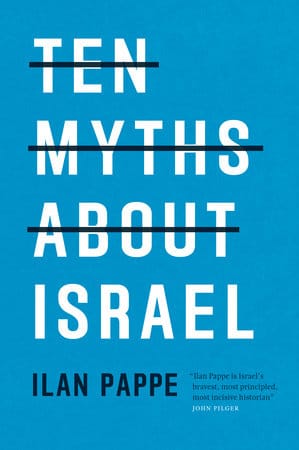
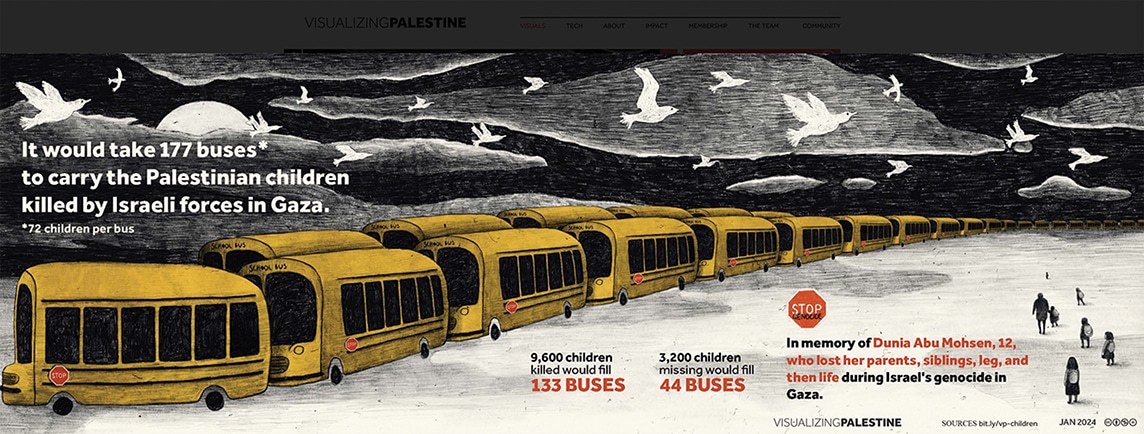
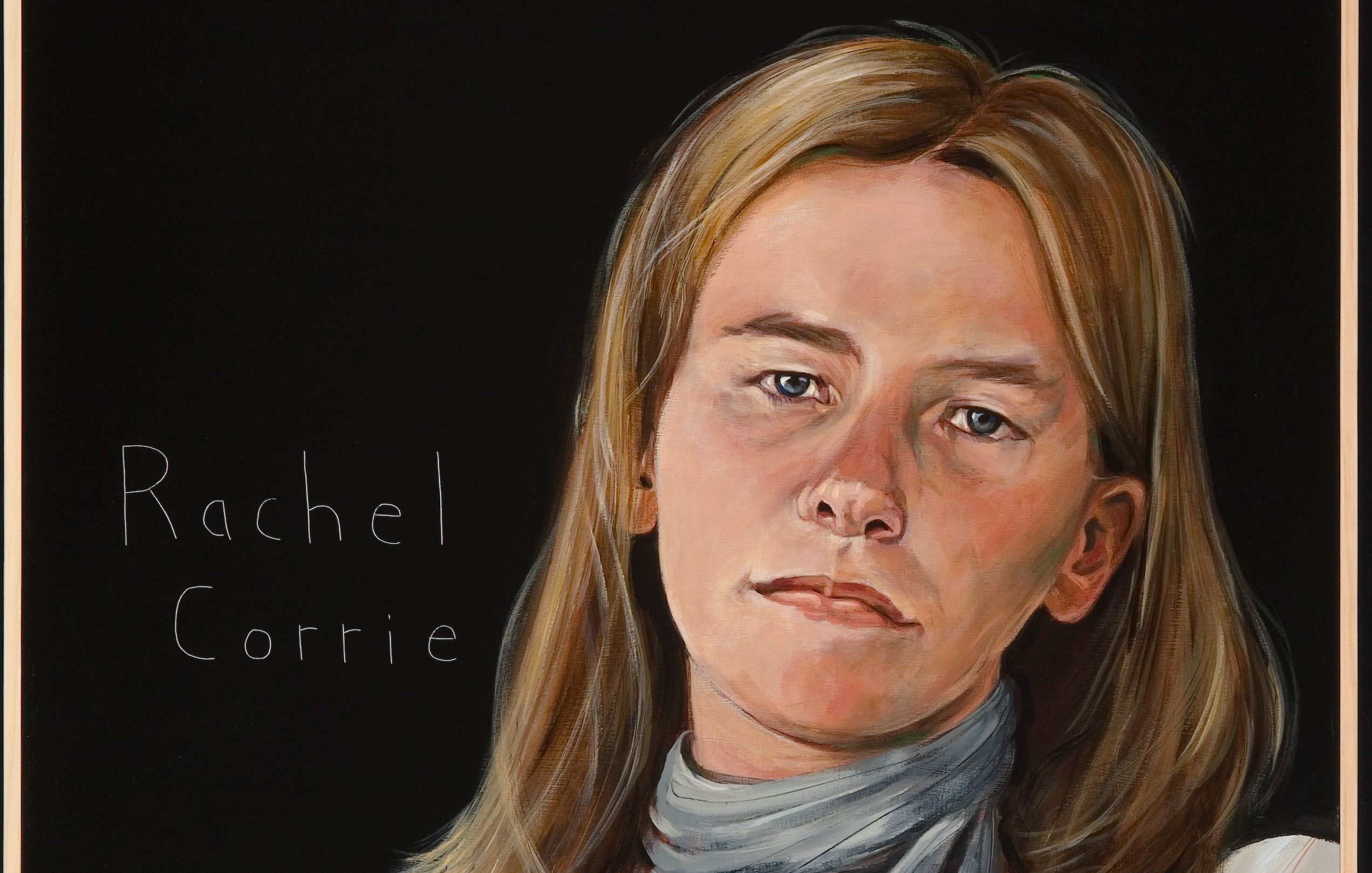






Twitter
Google plus
LinkedIn